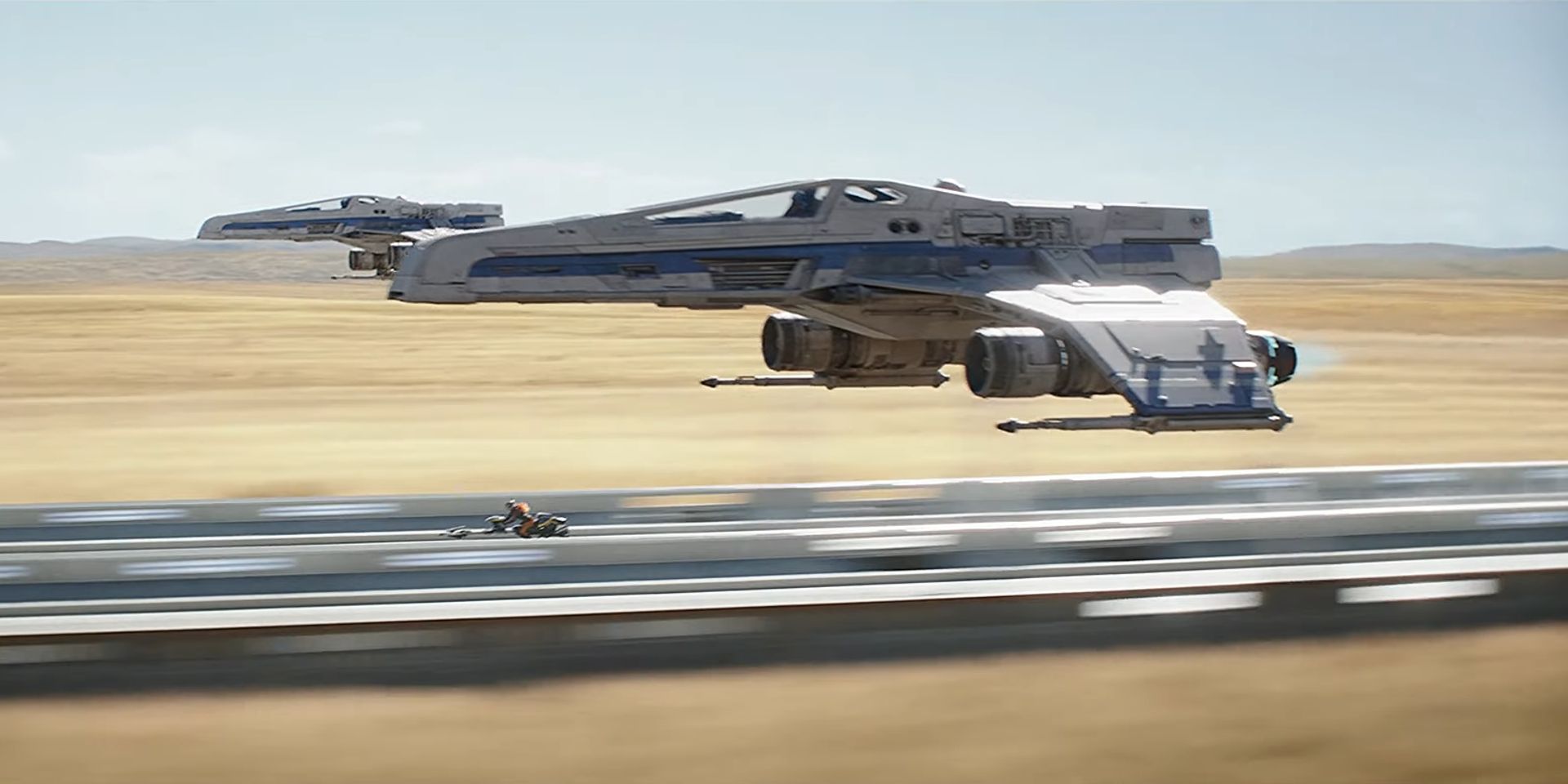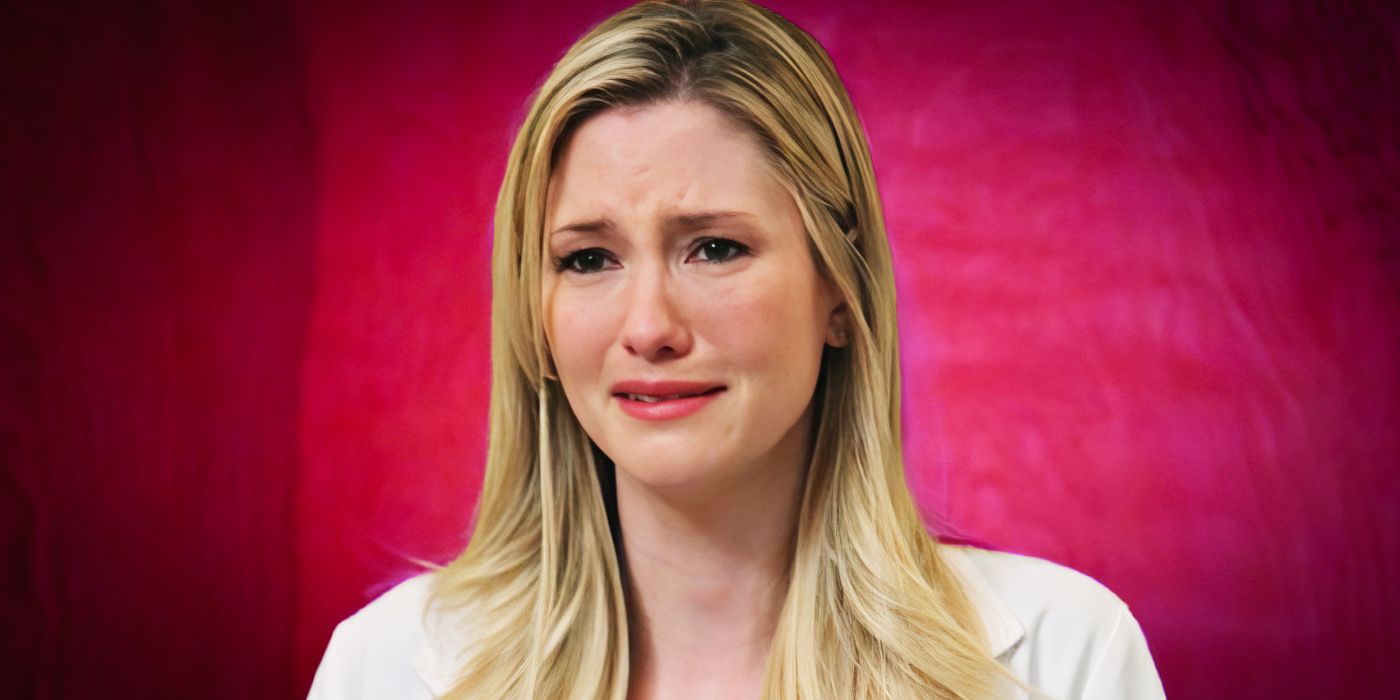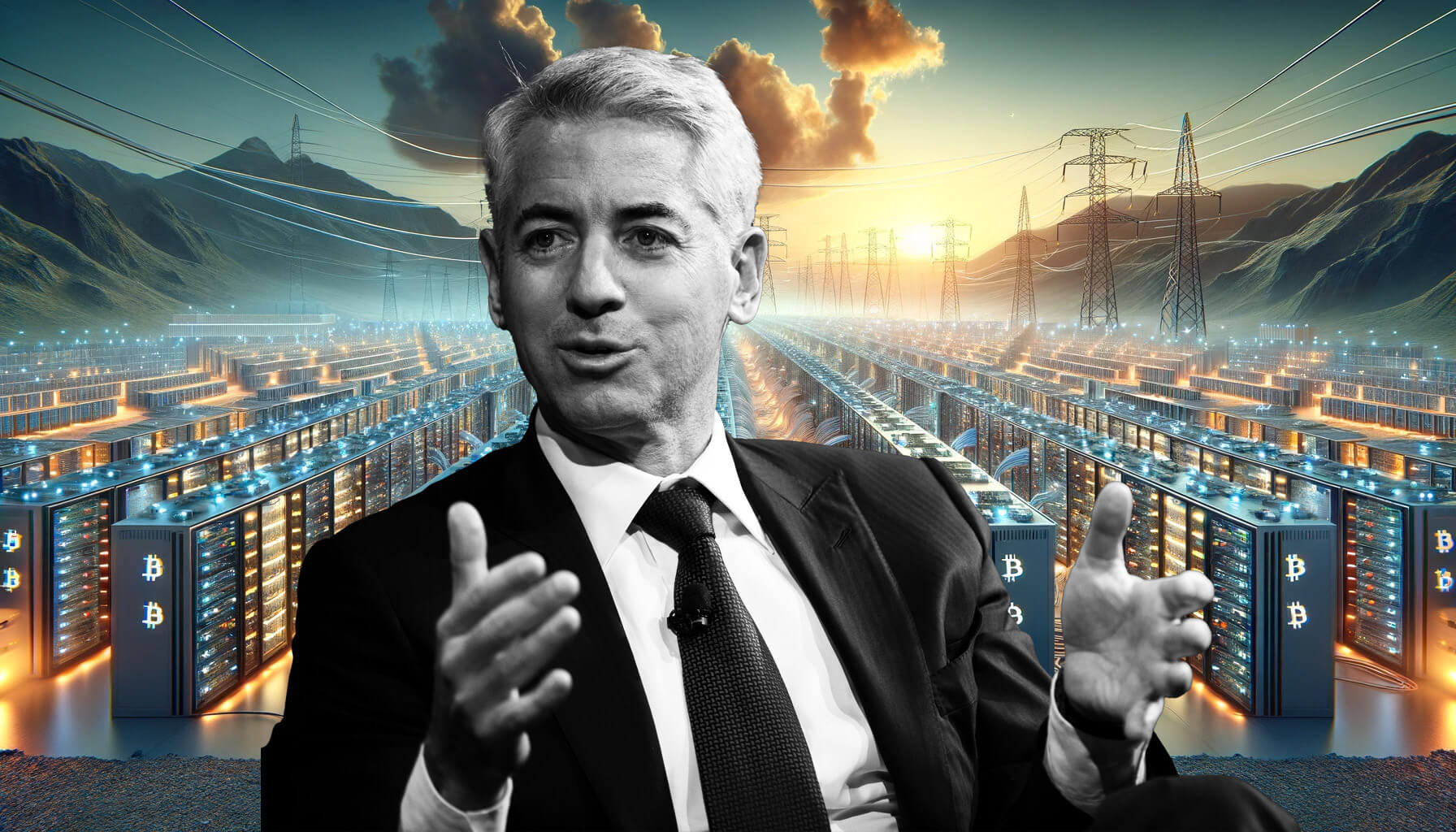Civil War review – Alex Garland’s chilling dystopian thriller of journalists in a conflict-riven US
The British writer-director’s searing drama of reporters in the line of fire strips away political context to focus on the terrible, self-perpetuating nature of warA near-future US has turned its anger against itself; a new civil war is raging. As tracer fire whiplashes across the sky and the suburbs smoulder, a secessionist rebel faction known as the Western Front is drawing ever closer to Washington DC. Meanwhile, the president (Nick Offerman), barricaded in the White House, tries out the emphasis of his words as he rehearses for his latest televised address. He promises that the defeat of the rebels is imminent, adding: “Some are already calling it the greatest victory in the history of mankind.” There’s a whiff of Trumpian rhetoric here, but this is the only hint of real-world US politics in British writer-director Alex Garland’s searing dystopian war movie. Location notwithstanding, Civil War is perhaps best viewed not as an overt commentary on America today, but rather as a film about conflict.Specifically, it’s about conflict as witnessed by war correspondents – the people who have seen enough of it around the world to have learned that the battleground is a common ground; that the same atrocities play out wherever there are grievances, guns and people prepared to point them at each other. Continue reading...

The British writer-director’s searing drama of reporters in the line of fire strips away political context to focus on the terrible, self-perpetuating nature of war
A near-future US has turned its anger against itself; a new civil war is raging. As tracer fire whiplashes across the sky and the suburbs smoulder, a secessionist rebel faction known as the Western Front is drawing ever closer to Washington DC. Meanwhile, the president (Nick Offerman), barricaded in the White House, tries out the emphasis of his words as he rehearses for his latest televised address. He promises that the defeat of the rebels is imminent, adding: “Some are already calling it the greatest victory in the history of mankind.” There’s a whiff of Trumpian rhetoric here, but this is the only hint of real-world US politics in British writer-director Alex Garland’s searing dystopian war movie. Location notwithstanding, Civil War is perhaps best viewed not as an overt commentary on America today, but rather as a film about conflict.
Specifically, it’s about conflict as witnessed by war correspondents – the people who have seen enough of it around the world to have learned that the battleground is a common ground; that the same atrocities play out wherever there are grievances, guns and people prepared to point them at each other. Continue reading...

/cdn.vox-cdn.com/uploads/chorus_asset/file/25426595/8A0A1236.jpeg)
/cdn.vox-cdn.com/uploads/chorus_asset/file/25426861/DSCF7031_5.jpg)
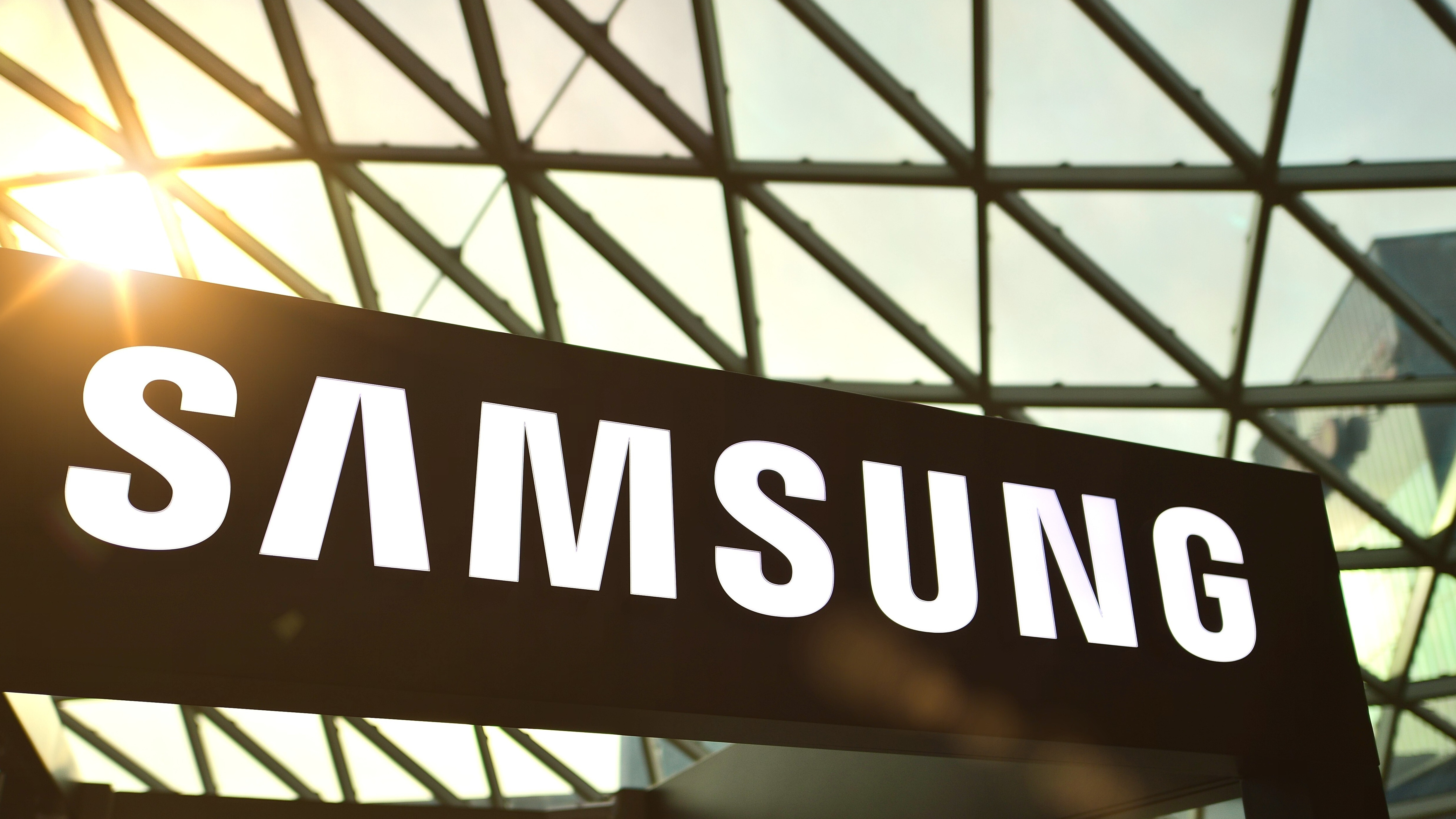





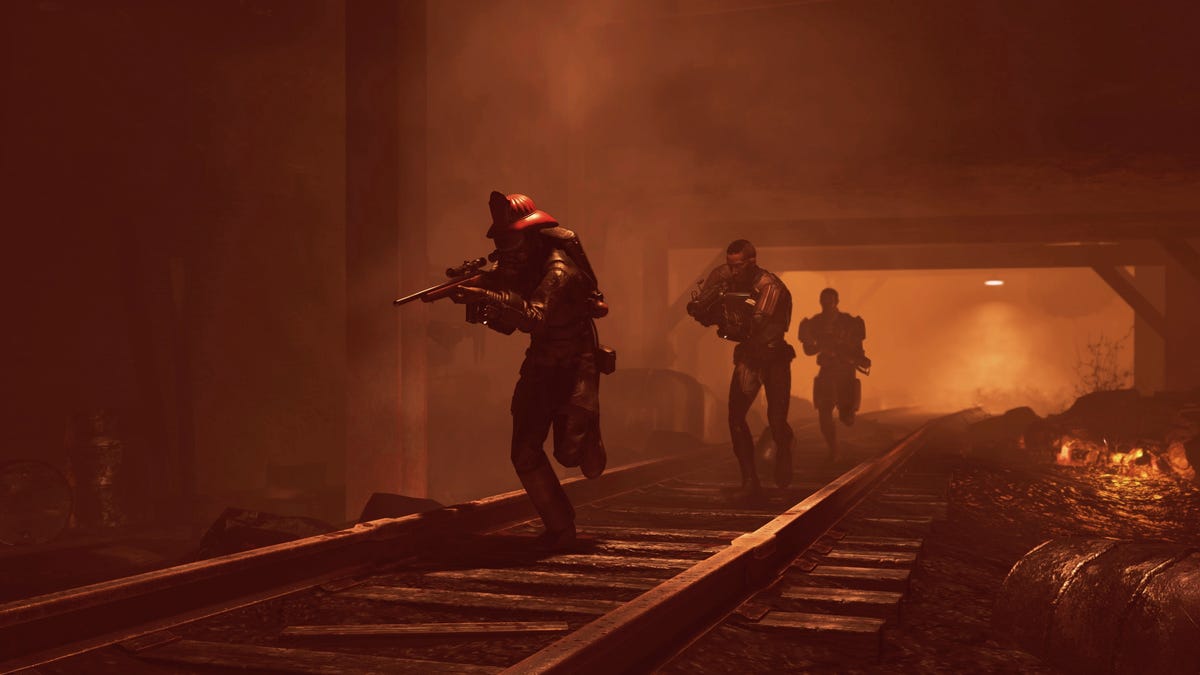









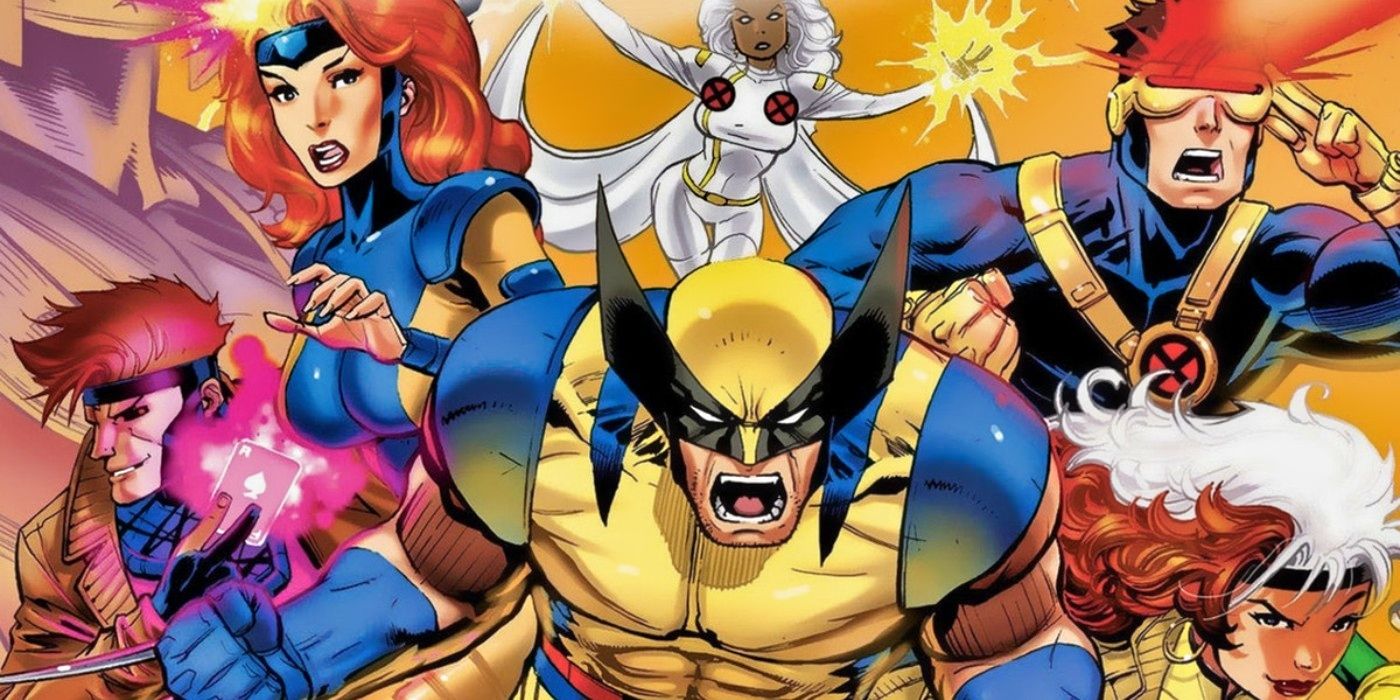

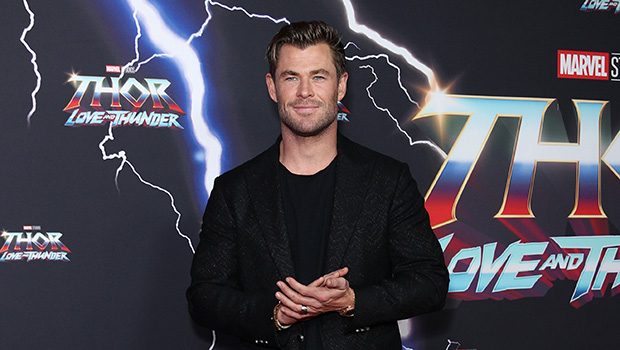

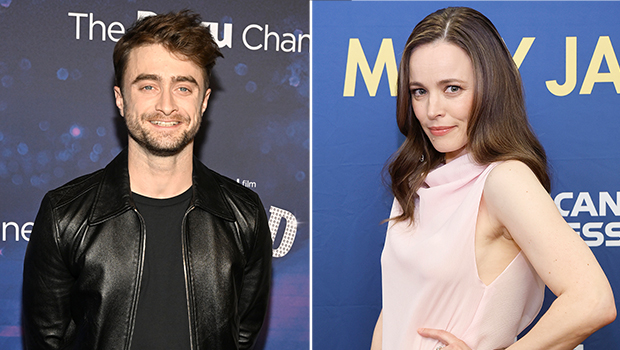

:quality(85):upscale()/2024/04/30/946/n/1922195/1eba45a8663165d12eac02.64047343_.png)


